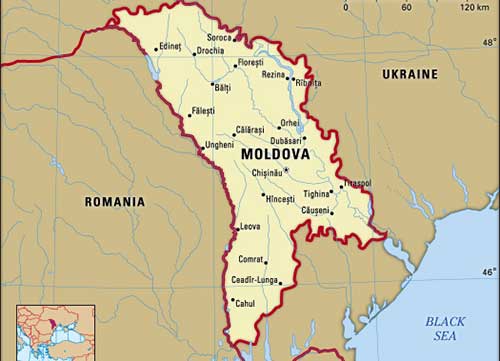There must be no amnesty for corruption in Moldova
Transparency International and its national chapter in Moldova are calling on lawmakers to withdraw legislation currently before the Moldovan parliament that would grant impunity to corrupt officials, businesses and civil servants for declaring assets, even if the assets were acquired from illicit wealth.
In the last ten years a significant number of prominent people and businesses in Moldova have enriched themselves from corruption. Most have not been brought to justice and the money siphoned off, including from a US$1 billion bank scam and other high profile crimes, has not been traced.
The two laws before parliament would allow individuals and businesses to make asset declarations, which may be well below market values, in exchange for amnesty from prosecution.
“The government should not pass laws that encourage money laundering and corruption. This will benefit the corrupt and severely undermine Moldova’s fight against corruption. It will send a signal that corruption pays and will deny citizens of much needed state financing that could go to improving public services,” said José Ugaz, Chair of Transparency International.
Transparency International Moldova has joined with civil society to protest these laws.
“The government is taking action that would deny the state budget and the people of Moldova much needed funds. It’s time for them to crack down on money laundering and not to abet it. The government should apply a 2013 law that would allow it to collect taxes on undeclared income and properties, not introduce legislation that will let those who have enriched themselves illegally legalise their ill-gotten gains,” said Lilia Carasciuc, the Executive Director of Transparency International Moldova.
Transparency International is also calling on Moldova’s international partners to pressure the government to withdraw the legislation. Moldova received a first tranche of a US$179 million International Monetary Fund loan in November with stipulations that it address corruption. Getting the next tranche of the money should be contingent on the laws being withdrawn.

